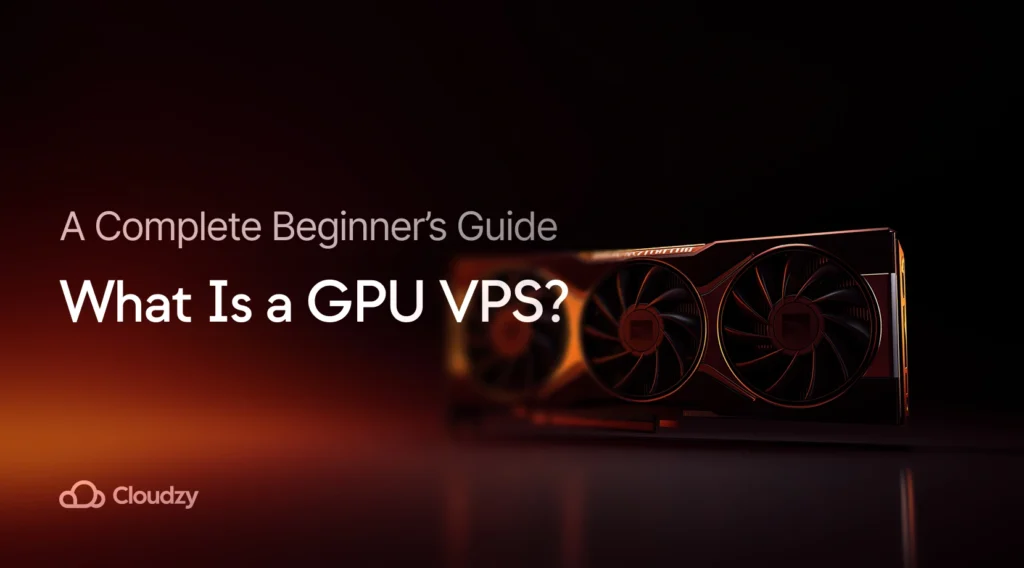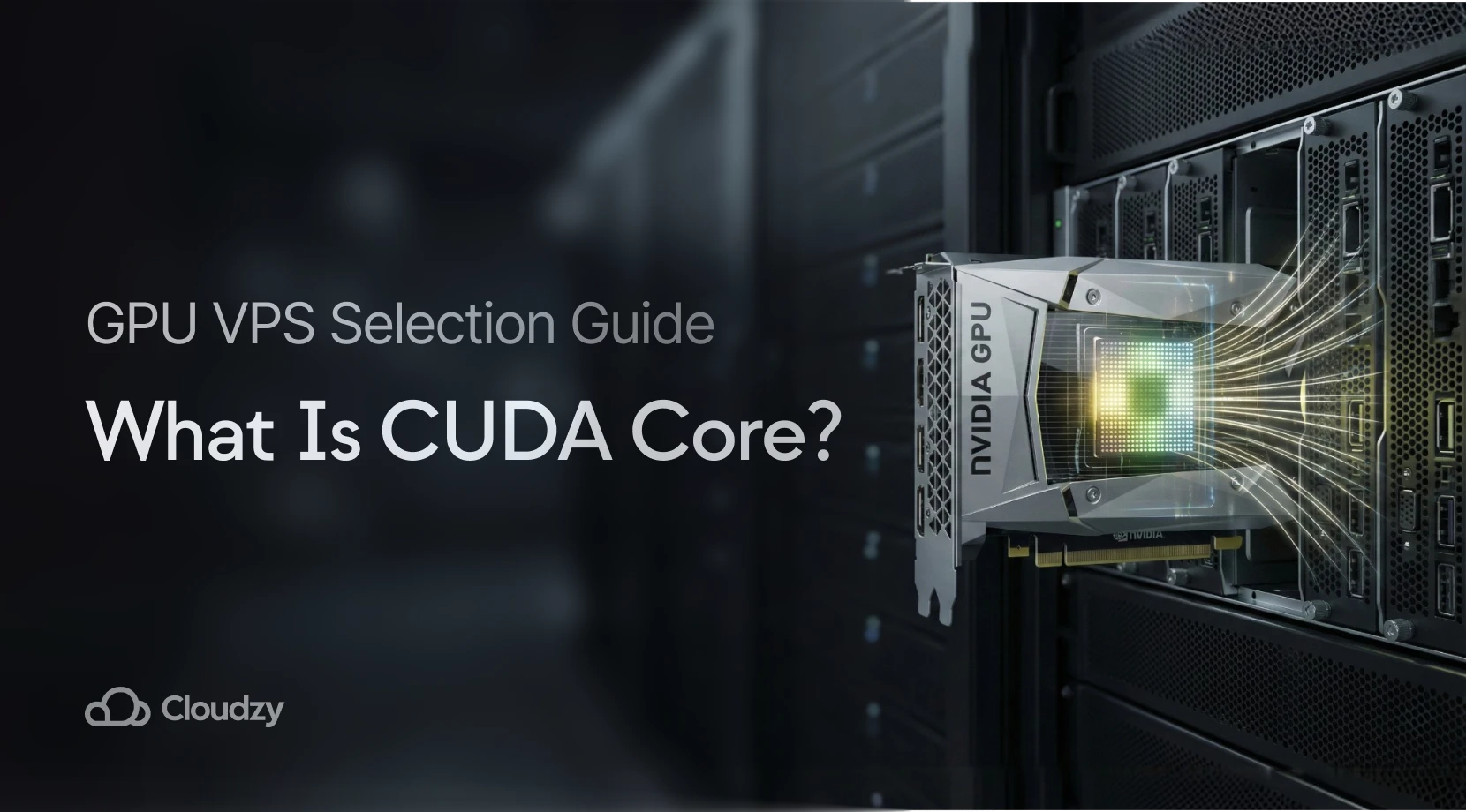Building ML models, editing 4K video, and gaming without latency all require a lot of computing power and this is where GPU VPS come into play. However, what is a GPU VPS? How does it work, and is it a thing you should be looking into?
A GPU VPS (Virtual Private Server) is a virtual server that provides dedicated access to a Graphics Processing Unit. They are used in many sectors such as AI research labs, gaming computers, graphic renderings and general-purpose computing tasks.
This article will break down the terms in a simple process, GPU VPS meaning, how it works differently to regular VPS hosting, what you can use it for, and things to look out for before you purchase.

What Is a GPU?
The GPU started as a special kind of processor designed to make graphics and 3D shapes appear on screens much faster. While the main computer chip, the CPU, eventually absorbed most other specialized chips that helped it out (like floating-point processors, digital signal processors or DSPs, video Codecs, and other accelerators), the GPU remained separate.
The reason the GPU is still its own distinct component is its incredible ability to scale up—you can keep adding more and more transistors to create thousands of processing cores, allowing it to handle massive workloads that a CPU just can’t match. This unique scalability is why it has continued to thrive independently.
What Is a GPU VPS?
A GPU VPS (Virtual Private Server) is a virtual server with dedicated access to a Graphics Processing Unit. Most VPS hosting solutions are CPU based, while GPU VPSes provide more power for parallel computing, graphics rendering, and general computational tasks.
So, rather than spending thousands on expensive hardware, you can buy cloud access to a virtual private server with GPU that’s designed for developers, artists, gaming, and startups.

How Does a GPU VPS Work?
A GPU VPS functions almost exactly like any other VPS: you have access to a separate virtual environment with isolated CPU, RAM, and storage resources hosted on physical shared server machines. The main difference is that in a GPU VPS there is access to a Graphics Processing Unit. This access may take two forms: dedicated GPU where you have exclusive access to the physical graphics card or virtual GPU or vGPU where the GPU resources are being shared by multiple users.

GPU VPS vs Regular VPS: Key Differences
Let’s break down the core differences because it’s important, right?
| Feature | Regular VPS | GPU VPS |
| Processing Power | CPU only | GPU + CPU |
| Works Well For | Websites, light apps | AI, rendering, gaming |
| Graphics Support | Very limited | Hardware-accelerated |
| Cost | Lower | Higher, but way more powerful |
| Use Case | General-purpose | Specialized, compute-heavy tasks |
If you’re handling tasks like training neural networks, 3D video editing, or mining cryptocurrency, you’re definitely going to need the extra parallel computing muscle that only a GPU VPS can deliver.
Still scratching your head about the difference? We’ve got your back in the GPU vs CPU VPS blog.

What Are GPU VPS Used For? (Gaming, AI, Rendering)
There are many ways users are utilizing GPU accelerated VPS:
- Cloud Gaming: You’ll play resource-heavy games with smooth frame rates and ultra graphics – even on an old laptop!
- AI & Machine Learning: AI and Machine Learning (ML) heavily rely on advanced methods like deep learning (DL) and deconvolutional neural networks (DNNs). These techniques generate huge amounts of data. With a GPU VPS, that massive dataset can be processed in mere minutes.
- Content Creation: Today, GPU VPSes have risen to prominence for video editing, 3D rendering, and extraordinary special effects. Subsequent applications involve animations and simulations of actors, imagined space, ancient sailing ships, tigers, and ants coming to life because of GPUs. Content creation for film, TV, taxing GPU VPSes in every possible way.
- Scientific Simulations: Gotta process huge amounts of data for your research? A GPU VPS will allow you to execute those high-volume computations.
- Cryptocurrency Mining: Pull off those GPU workloads for mining on a capable remote server.
- Self-Driving Cars and Robots: Because GPU VPSes can quickly process and make sense of vast amounts of data, they’re perfectly suited for handling all the information autonomous vehicles (AVs) need to operate. This makes them an ideal “brain” for everything from self-driving cars to advanced robots.
Looking for some top picks? Check out our list of the Best GPU VPS for Machine Learning in 2025.
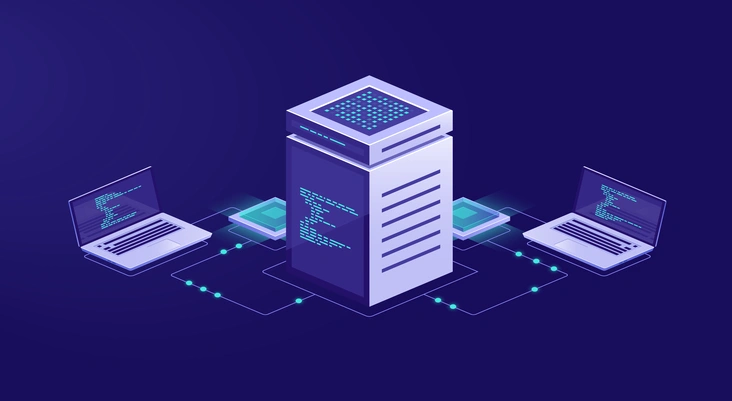
Pros and Cons of GPU VPS Hosting
Like anything, GPU VPS hosting has its upsides and a few things to keep in mind. Let’s weigh them:
Advantages of GPU VPS Hosting:
- High Performance: Seriously, resource-intensive tasks run substantially faster than basic CPU VPS
- Remote Access: Work from literally anywhere
- Scalability: Easily add more GPU power
- Cost-effective: Access top-tier GPUs with the high expense of paying for just the hardware.
- Compatibility: Compatible with any frameworks that the industry uses e.g. TensorFlow, CUDA, Pytorch.
Disadvantages of GPU VPS Hosting:
- Higher Cost: Let’s be honest, GPU VPSs are definitely more expensive than basic VPS plans.
- Not for all tasks: If you’re just hosting a simple website or basic database, this is definitely overkill. Don’t waste your money!
- Availability: There’s definitely not too many quality GPU VPS providers.

Who Really Needs a GPU VPS? Use Cases Unpacked
Cloud GPU VPS hosting is a great solution for anyone performing compute-heavy tasks that exceed the limits of traditional CPU-based servers workloads.
Developers performing machine learning or deep learning workloads on the training and dataset preprocessing stages will benefit from faster training, table access, and datasets processing as well as fewer bottlenecks in their models between training and deployment.
Video editors and 3D artists no longer have to deal with the frustrations of working with high-res files and high computational visual effects; there is no lag or unusable experience. Gamers who usually cannot run games using low-end hardware stream top-tier titles at ultra settings taking advantage of cloud GPU acceleration.
Cryptocurrency miners usually allocate GPU VPS plans to run their mining algorithms because the GPUs provide them a comprehensive approach. Startups and other SaaS platforms take advantage of GPU resources so that they can provide game-changing and/or AI-driven features and to run GPU-intensive applications.
Even individuals who currently use CPU-based VPS for AI workloads often find that transitioning to the GPU acceleration is ultimately worth the fee paid as their workloads continue to evolve and grow.
Curious how it compares to other solutions? Explore Cloud GPU vs Dedicated GPU VPS.
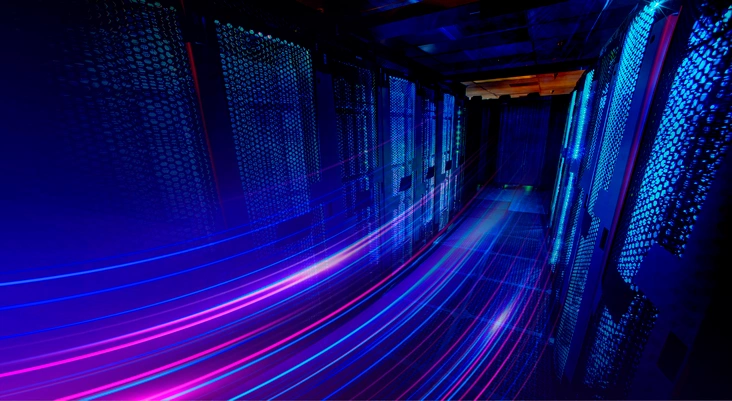
How to Choose the Right GPU VPS Provider
When looking to select a GPU VPS host, you want to double-check the model of the GPU, and if it is a dedicated or shared vGPU, because that can have an important impact on performance.
Do not just look at specs, performance benchmarks will tell you the most about how the server handles workloads like AI training, rendering, etc.
The VPS host should support your operating system and software stack. Examples are CUDA, PyTorch. Then if it has solid uptime and customer service. Also be aware of the location of the data center, especially for gaming or real-time AI workloads, where latency is important.
One option to mention: Cloudzy has VPS with dedicated GPU plans starting at $584.25/month which is good for high-performance workloads.
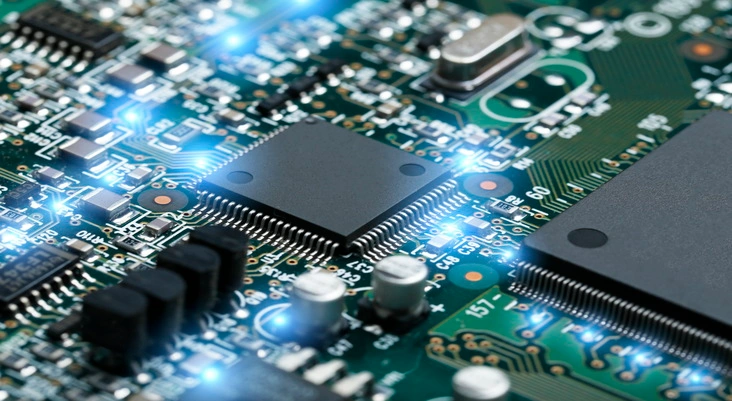
GPU VPS Pricing: What to Expect
The price of GPU VPS hosting can vary tremendously based on a few key factors. Factors are the type of GPU, dedicated or shared access, how much RAM, storage you need, and if you are opting for a cloud-based solution or bare-metal hardware.
If you are using the GPU for lighter workloads such as GPU experiments or small projects, entry-level plans typically start between $50-$100 per month. For the best GPU VPS gaming, video editing, or training an AI model, you’ll typically be in the $150 to $300 price range. If you need something more, high-performance plans typically intended for heavy workloads such as deep learning, 3D rendering, or simulation usually start at a price point of $500 per month.

Setting Up a GPU VPS: What’s Involved
Good news! Setting up a GPU VPS is simpler than you think. Here’s a basic breakdown:
- Select your provider like Cloudzy
- Select your plan that suits the GPU and memory requirements.
- Select your OS (Ubuntu, Windows, etc.).
- Launch your VPS right from your provider’s dashboard.
- Get your software stack installed (think CUDA, PyTorch, or favorite gaming libraries).

Conclusion
So, what is a GPU VPS really? It’s your personal, high-powered gateway to GPU-accelerated computing in the cloud. You get all that power without the initial cost. Whether you’re coding neural networks, rendering HD video, or gaming at ultra settings, a GPU VPS puts the power right at your fingertips.
